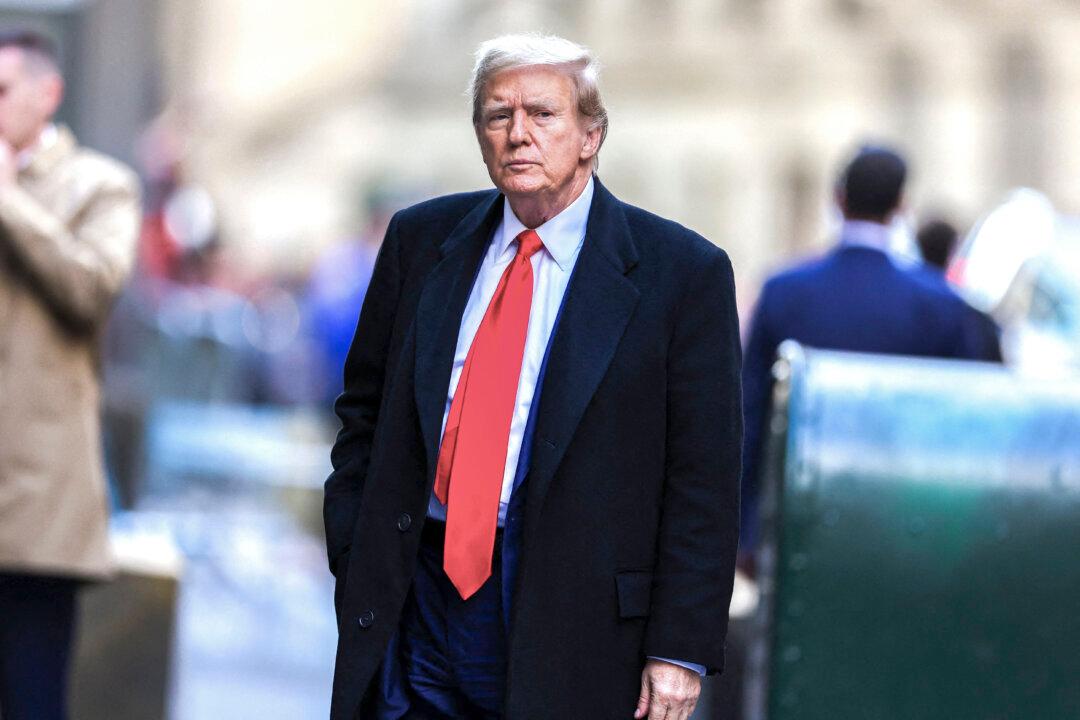New York Supreme Court Justice Juan Merchan warned former President Donald Trump that he might lose access to juror names in his upcoming trial if he continues to speak about the case in a way that the judge deems a “risk” to court proceedings.
“Defendant is hereby put on notice that he will forfeit any statutory right he may have to access jury names if he engages in any conduct that threatens the safety and integrity of the jury or the jury selection process,” the judge warned in his April 1 order expanding an existing gag order.





